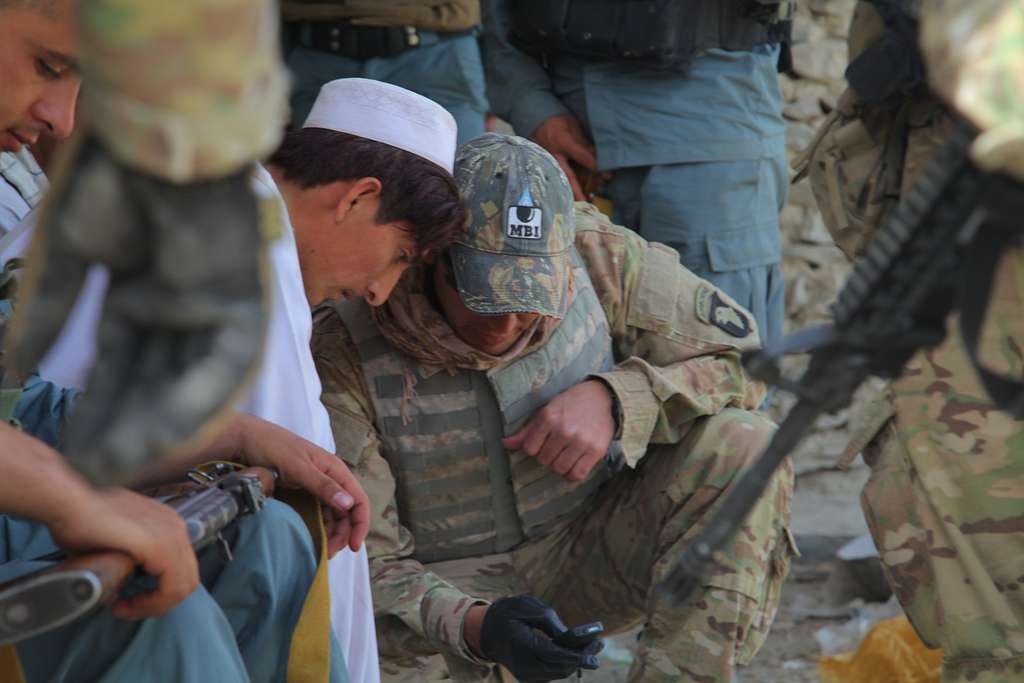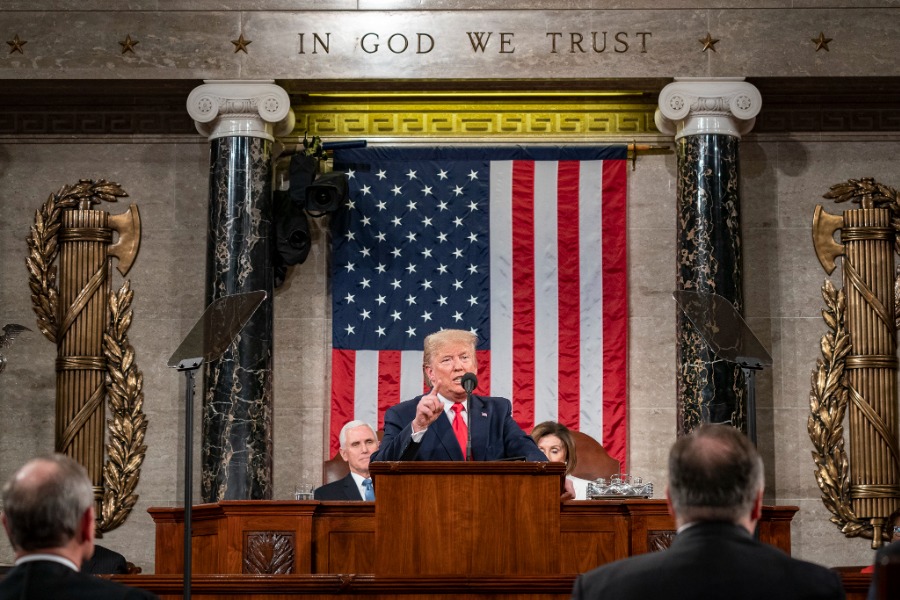Thornberry and Lumpkin on AUMF Renewal
THORNBERRY:OK.
Published by The Lawfare Institute
in Cooperation With

THORNBERRY:Smart points all around.OK. When you testified in front of the Senate, I know you were asked about the Authorization for the Use of Military Force. And frankly I've gotten a little confused over the years what the administration policy is towards that. Sometimes we hear that it's don't mess with it. Sometimes it's change it. Can you help me understand the Administration's policy?
And from your experience, isn't it getting harder and harder to do the things that we ask our special operators to do around the world relying back on the Authorization for the Use of Military Force that was passed in September 2001?
LUMPKIN:Thank you for the questions. I truly do appreciate it. In May of last year, the President in [a] speech at National Defense University mentioned about revising and eventually repealing the AUMF as a goal. I truly believe that the AUMF has served us well, it continues to serve us well. It gives us the ability to keep this nation safe and do the missions that we need to do. That said, my comment to the Senate was that we are at an inflection point where to point that it's always good to relook at authorities because they evolve. The threat evolves.
And so I would encourage a look at the AUMF, make sure it's doing everything we needed to do. And if it's not, if it needs to be taken in or expanded or whatever, it's a chance to do that if we're going to ... take a look at it. And so that's what I support.
THORNBERRY:OK. Well, and I agree actually. And what I also agree with is that we should not ask our men and women to go and do something anywhere in the world that they are not fully backed up with law to do.
And I worry about the strain as we get further and further away from 9/11 and the -- exact wording of the AUMF makes it -- makes it harder and harder to draw those connections, so.





